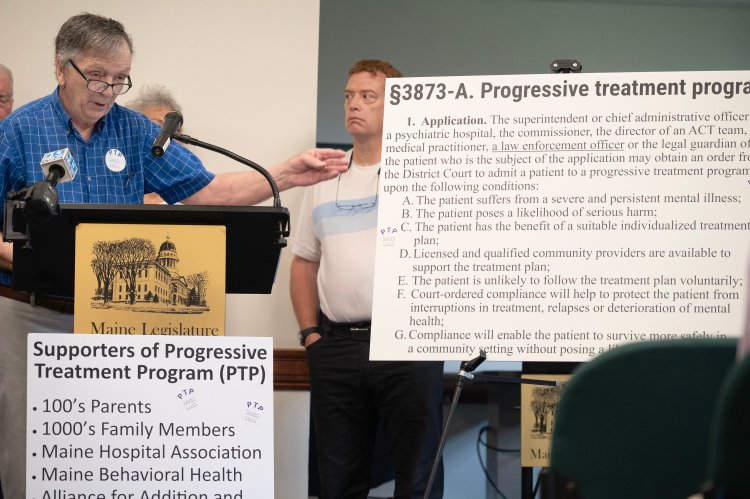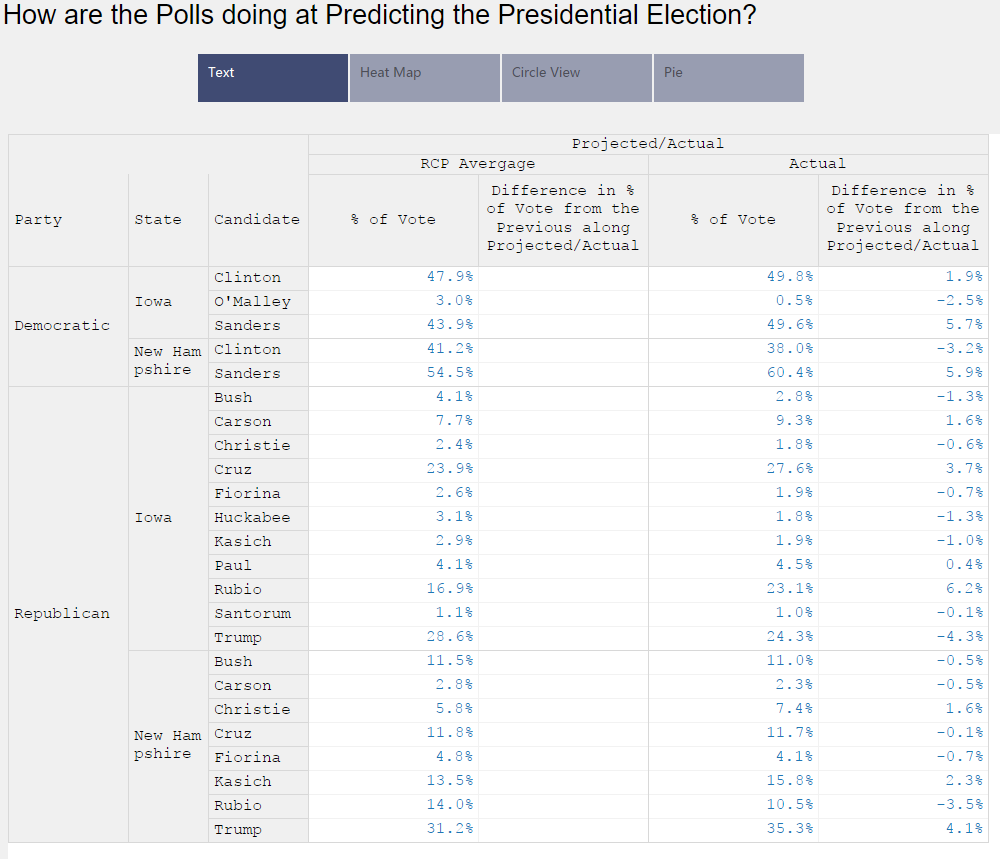High Cost And Stigma: Why Mental Healthcare Remains Underutilized

Table of Contents
The Crushing Weight of Cost: Financial Barriers to Mental Healthcare
The exorbitant cost of mental healthcare is a significant obstacle preventing many from seeking necessary treatment. The financial burden associated with mental health services often outweighs the ability of individuals to access them, creating a critical gap between need and access to mental healthcare.
High Treatment Costs
The financial reality of mental healthcare can be daunting. The costs associated with various aspects of mental health treatment are often substantial.
- Therapy Sessions: Individual therapy sessions can range from $100 to $300 per hour, depending on the therapist's experience and location. Multiple sessions per week quickly become unaffordable for many.
- Medication: Prescription medication for mental health conditions can be expensive, particularly if the individual requires multiple medications or specialized formulations. The cost of medication is often exacerbated by high deductibles and co-pays.
- Inpatient Programs: Inpatient treatment at a mental health facility is exceptionally expensive, often costing thousands of dollars per day, placing an immense financial strain on individuals and families.
Limited Insurance Coverage
Even with health insurance, accessing adequate mental healthcare can be a struggle. Many insurance plans offer limited coverage for mental health services, creating significant barriers.
- Disparity in Coverage: Many insurance plans provide significantly less coverage for mental health services than for physical health treatments, leading to unequal access to care.
- Pre-authorization Requirements: The pre-authorization process for mental health services can be complex and time-consuming, delaying access to essential treatment and creating further frustration.
- Limited EAP Effectiveness: Employee Assistance Programs (EAPs) often provide only a limited number of sessions, making them inadequate for individuals needing ongoing mental health support.
The Persistent Shadow of Stigma: Societal Barriers to Mental Healthcare
Beyond the financial obstacles, the pervasive stigma surrounding mental illness acts as a significant barrier to seeking help. This social stigma prevents many from acknowledging their mental health struggles and actively seeking mental healthcare.
Social Stigma and Discrimination
The shame and fear of judgment associated with mental illness are powerful deterrents to seeking help.
- Fear of Judgment: Individuals often fear negative reactions from family, friends, colleagues, or employers if they disclose their mental health condition.
- Shame and Embarrassment: The social stigma surrounding mental illness can lead to feelings of shame and embarrassment, making individuals reluctant to seek professional help.
- Workplace Discrimination: Concerns about workplace discrimination or losing job opportunities can discourage individuals from seeking mental health treatment.
Lack of Public Awareness and Education
A lack of public awareness and education perpetuates the stigma surrounding mental illness and hinders help-seeking behavior.
- Improved Mental Health Literacy: Comprehensive mental health education in schools and communities is crucial to increase awareness and understanding.
- Media Representation: The media plays a significant role in shaping public perceptions of mental illness. Responsible and accurate portrayals can help reduce stigma.
- Open Conversations: Fostering open and honest conversations about mental health is essential to destigmatize these conditions and encourage help-seeking.
The Interplay of Cost and Stigma: A Vicious Cycle
The high cost of mental healthcare and the stigma surrounding mental illness are inextricably linked, creating a vicious cycle that perpetuates underutilization of services.
- Cost Reinforces Stigma: Individuals may avoid seeking help due to the high cost, further reinforcing their feelings of shame and isolation, believing their struggles are a personal failing rather than a treatable condition.
- Lack of Affordability Perpetuates Stereotypes: The lack of affordable mental healthcare options can perpetuate negative stereotypes about mental health, reinforcing the idea that those who need help are somehow flawed or less capable.
- Untreated Illness and Increased Costs: The cycle of untreated illness often leads to more severe conditions and increased healthcare costs in the long run, creating a significant burden on both the individual and society.
Conclusion
The high cost of mental healthcare and the persistent stigma surrounding mental illness significantly impact access to essential services. Addressing these intertwined issues requires a multi-faceted approach involving insurance reform, increased public awareness campaigns, and a cultural shift in how we perceive and treat mental health conditions. Let's break down the barriers to mental healthcare by demanding equitable access, challenging stigma, and supporting those who need it. Don't let cost or fear prevent you from seeking the mental health services you deserve. Take the first step towards better mental well-being today. Find resources and support at [link to relevant resources].

Featured Posts
-
 Boulangerie Normande Son Poids En Chocolat Pour Le Nouveau Ne De L Annee
May 02, 2025
Boulangerie Normande Son Poids En Chocolat Pour Le Nouveau Ne De L Annee
May 02, 2025 -
 2
May 02, 2025
2
May 02, 2025 -
 Veteran Actress Priscilla Pointer Passes Away At Age 100
May 02, 2025
Veteran Actress Priscilla Pointer Passes Away At Age 100
May 02, 2025 -
 Sony Play Station Beta Program What We Know So Far
May 02, 2025
Sony Play Station Beta Program What We Know So Far
May 02, 2025 -
 Improving Election Accuracy With A Robust Poll Data System
May 02, 2025
Improving Election Accuracy With A Robust Poll Data System
May 02, 2025
Latest Posts
-
 Harry Styles Reaction To A Hilariously Bad Snl Impression
May 10, 2025
Harry Styles Reaction To A Hilariously Bad Snl Impression
May 10, 2025 -
 Harry Styles On That Bad Snl Impression His Honest Response
May 10, 2025
Harry Styles On That Bad Snl Impression His Honest Response
May 10, 2025 -
 Snls Harry Styles Impression The Singers Reaction
May 10, 2025
Snls Harry Styles Impression The Singers Reaction
May 10, 2025 -
 Harry Styles Response To A Bad Snl Impression Disappointed
May 10, 2025
Harry Styles Response To A Bad Snl Impression Disappointed
May 10, 2025 -
 The Snl Harry Styles Impression A Disappointing Reaction
May 10, 2025
The Snl Harry Styles Impression A Disappointing Reaction
May 10, 2025
